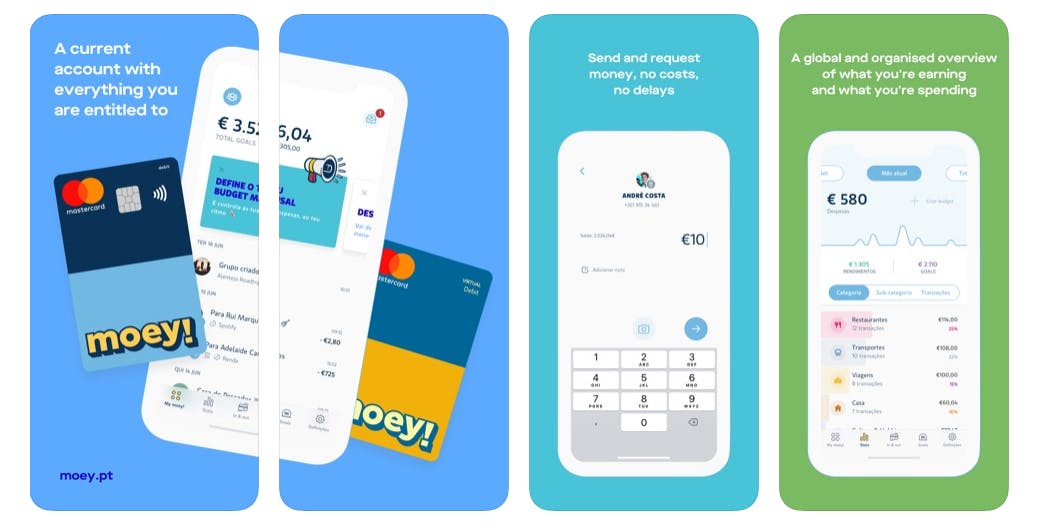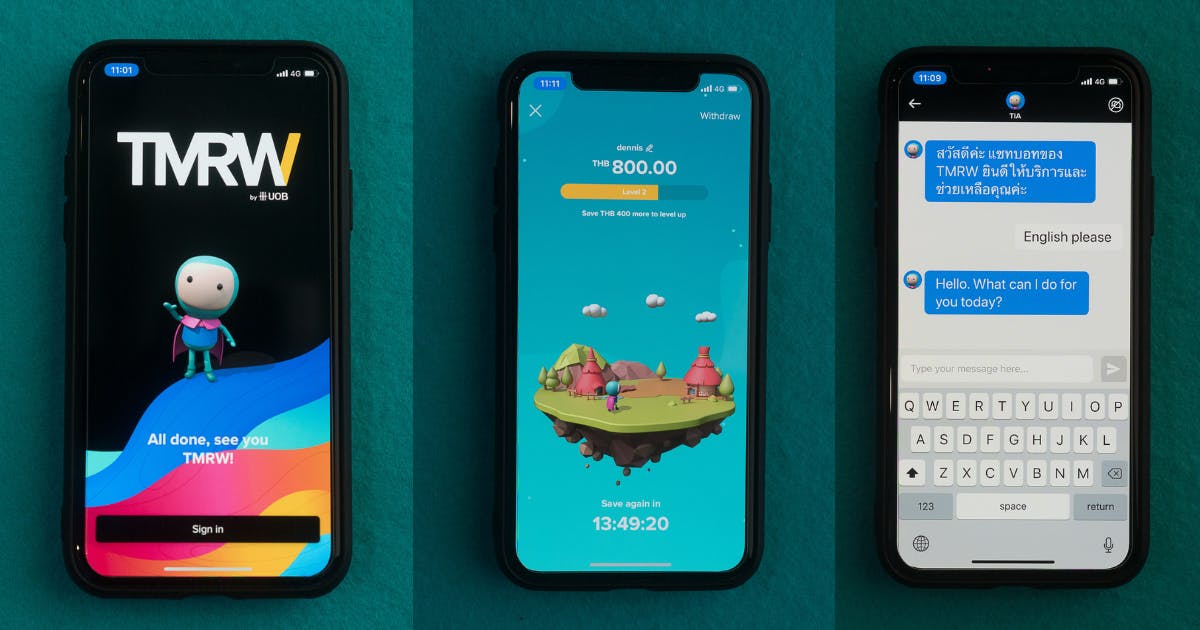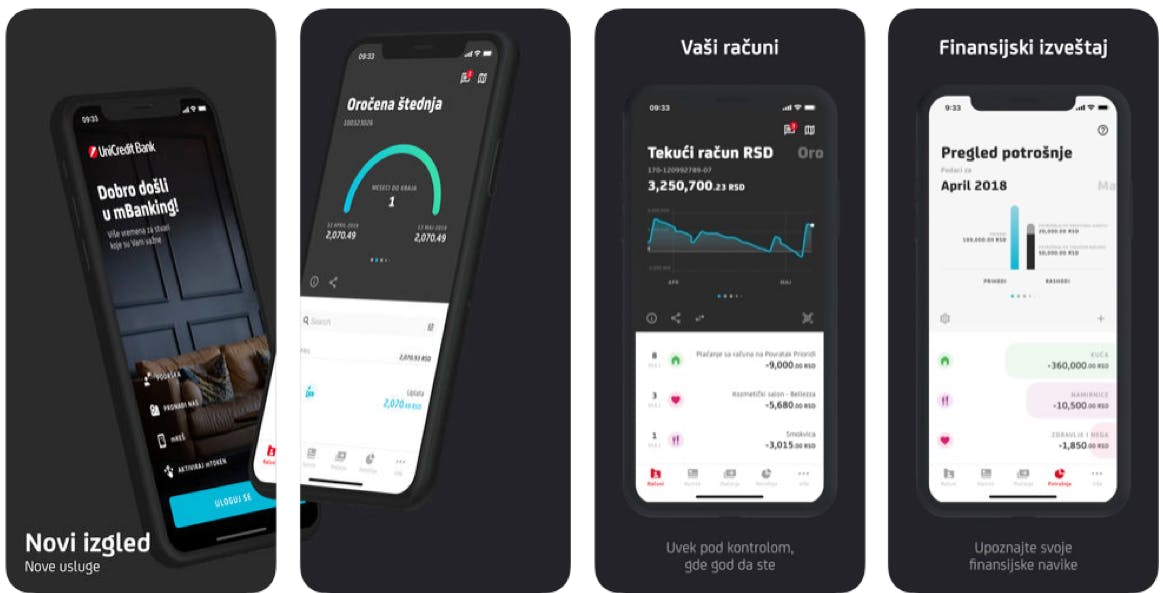Financial self-reliance delivered with apps
In 2009, people and companies in Iceland faced uncertainty as demand for products or services dried up almost overnight. The Icelandic government made it their priority to get the banking system back on its feet. However, Meniga’s founders realized that the banks did not have the toolkit for personal financial management to enable their customers to deal with the new harsh reality they faced. The three founders worked hard to bring useful financial tools to people with the help of innovative banking leaders who had taken the lessons of the financial crisis to heart.

Building resilience with the right financial habits
In the years after the financial crisis, Icelanders generally reduced their debt and saved more money than before. Many Icelanders used (and still use) the tools we gave them to take charge of their finances. This gives the Icelandic economy much-needed resilience for the systemic shock we now all face. We are proud that we were a part of that readjustment of financial habits and behavior.
Time tested lessons for a new crisis
Fast forward to 2020. The Meniga digital banking and PFM platform gives millions of people around the world the tools they need to manage their money and improve their financial health. Although the Coronavirus crisis of 2020 is not the same thing as the financial crisis of 2008, there are some lessons that hold true. The first one is that banks are essential institutions in society. People depend on banks, not only to keep their money but also to give them advice in both good times and bad. A bank is not just a money vault or a lender, it is a trusted advisor on which people depend for their financial health and safety.

Scaling up your bank’s role as a trusted advisor to people
The second lesson is that being a trusted advisor for a large number of worried people is impossible with traditional branches or even call centers. Those touch points do not scale. The third lesson is that apps can, and should be used to provide much needed banking services to those in need. But building a passive app for self-service is not enough. To live up to the crucial role of a trusted advisor, banks need to develop highly usable and engaging apps that give their customers personalized advice and insights.

Does your banking app measure up to the challenge?
When banks consider their role in the new reality created by the Coronavirus pandemic, they should consider whether their apps enable them to scale up their role as a trusted advisor in tough times.
A checklist for an engaging banking app which helps people navigate through the hard times we all face could look something like this:
Does your banking app help people understand their spending?
- Does your banking app show your customers easy to understand weekly or monthly reports? Can customers drill down into those reports to really understand their spending?
- What happens when your customers look at a transaction? Do they see all relevant information about the merchant involved, the transaction history with that merchant and the spending category?
- Are you showing your customers a holistic overview of their finances? Do they see in one place how much they owe and how much money they have?
- Is it easy for people to understand how their spending breaks down into different spending categories?
- Are people able to easily re-categorize transactions or split them up for added accuracy of spending reports?
- Can people compare their spending or income to other people in their demographic?
Is your banking app helping people take charge of their finances?
- Can customers create budgets or savings goals?
- Does your banking app contain cashback offers which enable them to save money?
Is your banking app a way to engage your customers?
- Are you showing people engaging and essential information about their finances? For example, are you pro-actively letting people know if they are spending more in a category than usual?
- Have you segmented your users based on their spending habits so you can target people with the right messaging around financial behaviour or products such as saving accounts?
- Can your bank use its apps to challenge people to save money by cutting back on non-essential spending?
- Do your customers get a warning when they are about to go into the red on their account? Are you nudging those who have a surplus to save their money
- Does your bank have the ability to predict what customers may need extra attention due to their likelihood of getting into financial difficulty?
The bottom line for banks during trying times
If your banking app rates highly on these parameters, your bank is well placed to be the trusted financial advisor people need in these trying times. It is no question that the Coronavirus will pass. What the economic ramifications will be for people around the world, depends a lot on the proactive and easy to understand the advice they get from their bank. We at Meniga stand ready to help your bank rise to the challenge.

